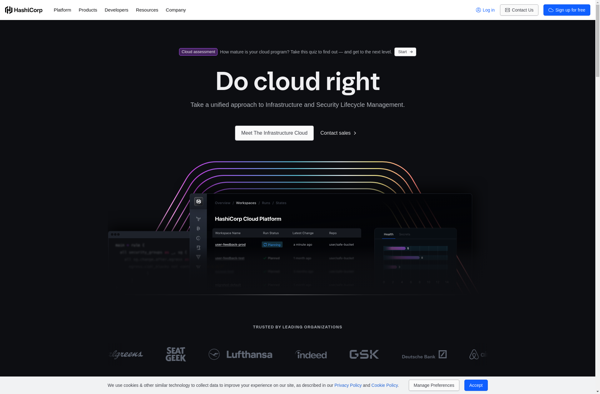Docker
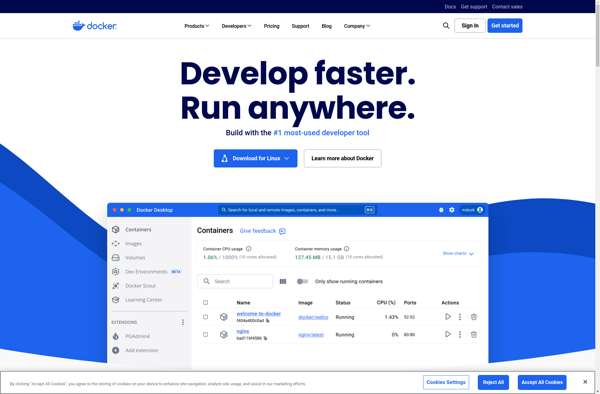
Docker: Containerization Platform for Fast & Reliable App Development
Discover Docker, an open platform for developing, shipping, and running applications. Learn how containers enable fast and reliable app development with standardized executable components.
What is Docker?
Docker is an open platform for developing, shipping, and running applications inside software containers. It provides an additional layer of abstraction and automation of operating-system-level virtualization on Linux, Mac OS and Windows.
Docker packages software into standardized units called containers that have everything the software needs to run including libraries, system tools, code, and runtime. Using containers, Docker allows applications to run quickly and reliably from one computing environment to another. This avoids dependency conflicts as the software along with dependencies and configuration are bundled together.
Developers can create Docker containers without having to provision and manage infrastructure. Docker provides the tools and platform to build, run and manage containers. With Docker, organizations can accelerate application development by eliminating the friction between development, QA, and production environments. This facilitates continuous development, integration and delivery in software development.
Docker Features
Features
- Containerization - Allows packaging application code with dependencies into standardized units
- Portability - Containers can run on any OS using Docker engine
- Lightweight - Containers share the host OS kernel and do not require a full OS
- Isolation - Each container runs in isolation from others on the host
- Scalability - Easily scale up or down by adding or removing containers
- Versioning - Rollback to previous versions of containers easily
- Sharing - Share containers through registries like Docker Hub
Pricing
- Open Source
- Free
- Subscription-Based
Pros
Cons
Official Links
Reviews & Ratings
Login to ReviewThe Best Docker Alternatives
Top Development and Containerization and other similar apps like Docker
Here are some alternatives to Docker:
Suggest an alternative ❐AWS Firecracker
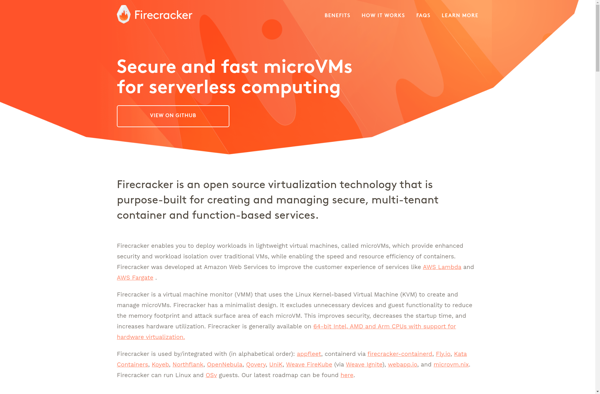
Deis
Podman
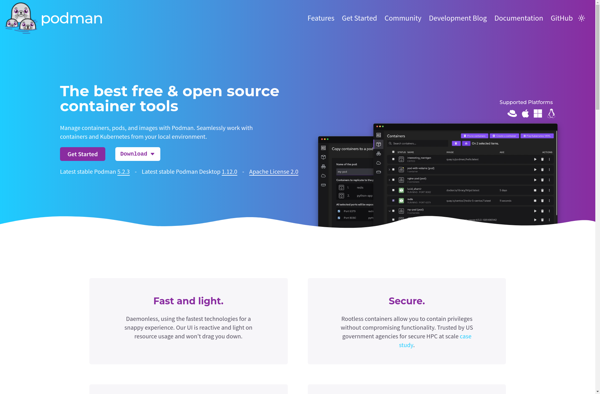
BitNami Application Stacks
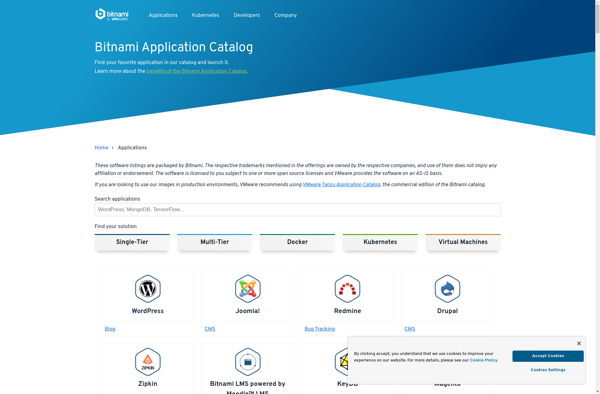
OrbStack
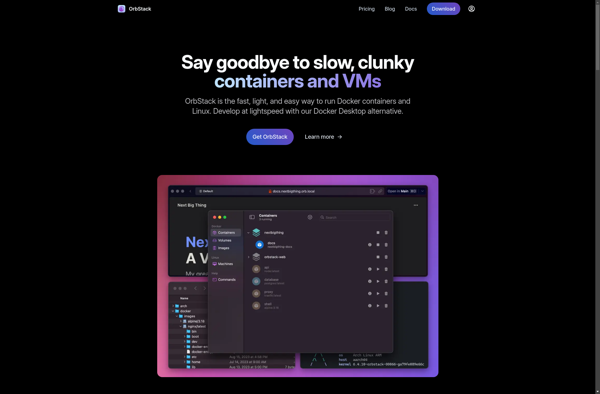
FreeBSD Jails
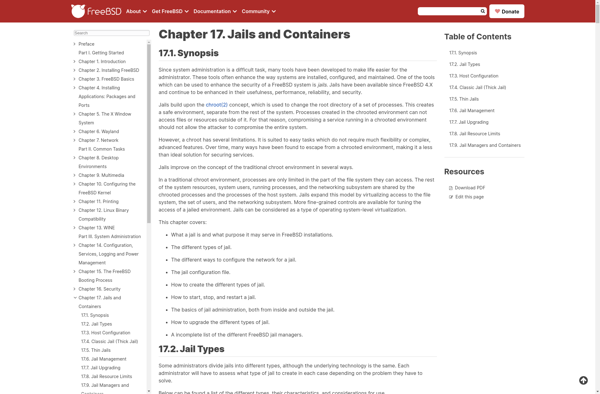
ServBay
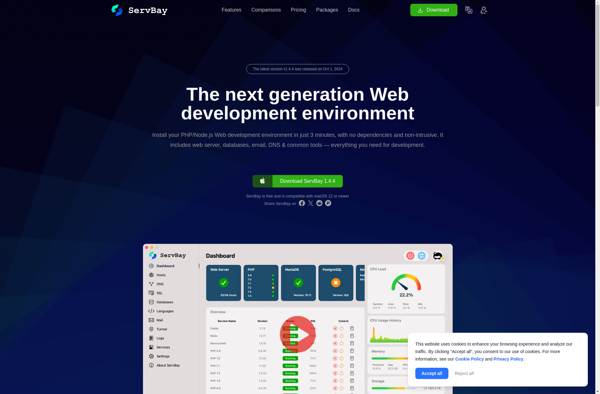
Apache Mesos
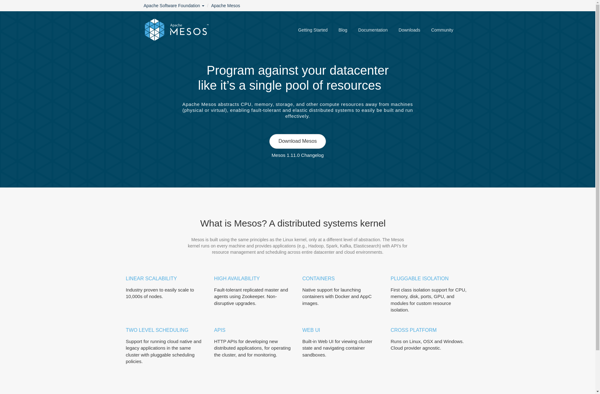
Crane
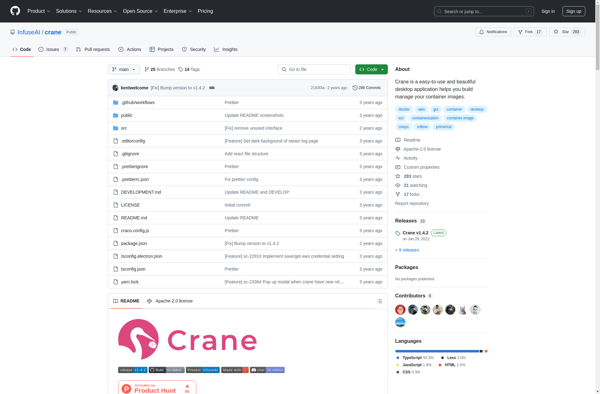
Distrobox
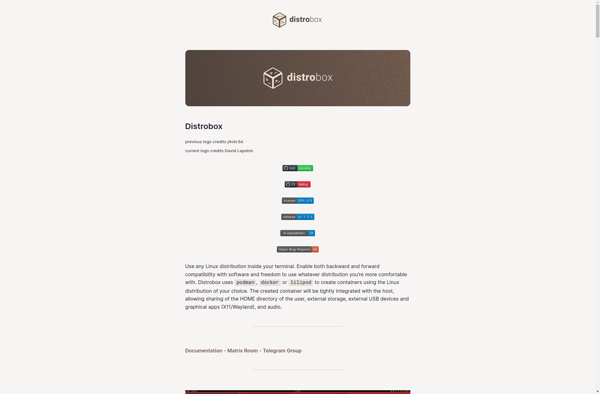
LXC Linux Containers
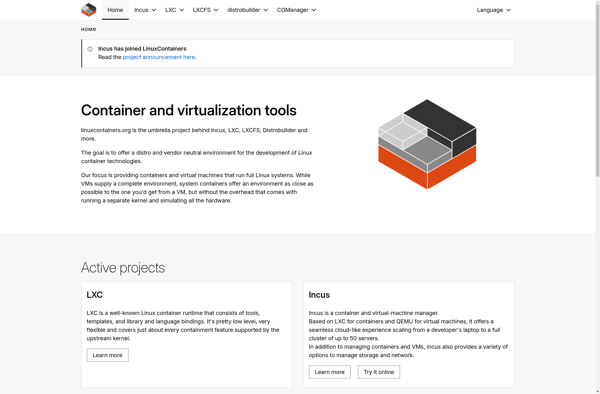
Nanobox
Containerd
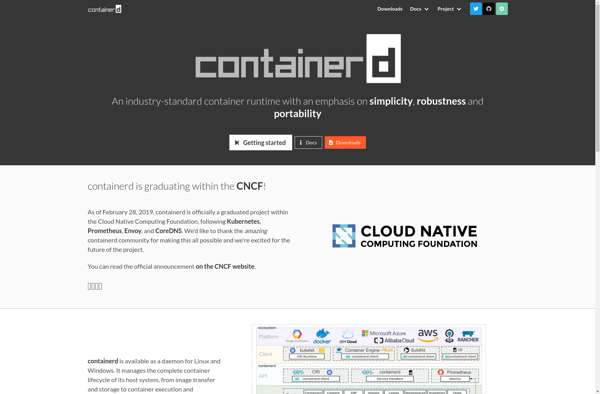
Libre.sh
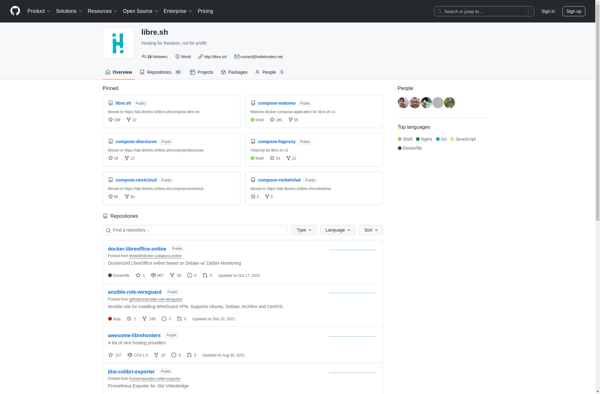
Chaperone Process Manager
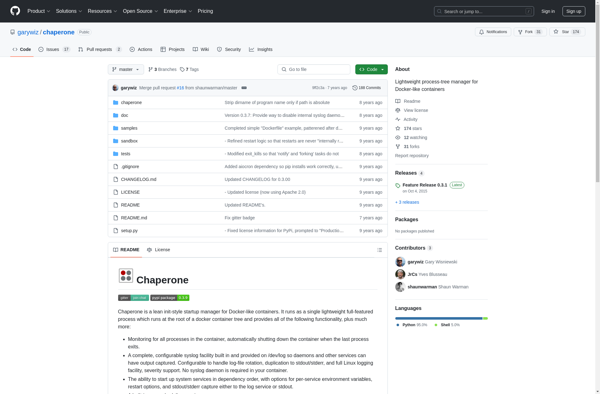
Colima
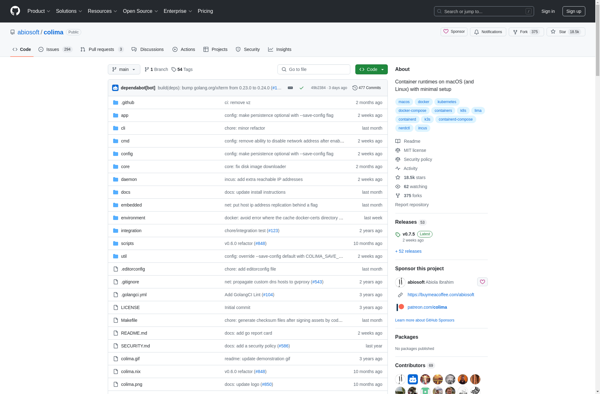
Virtual PC
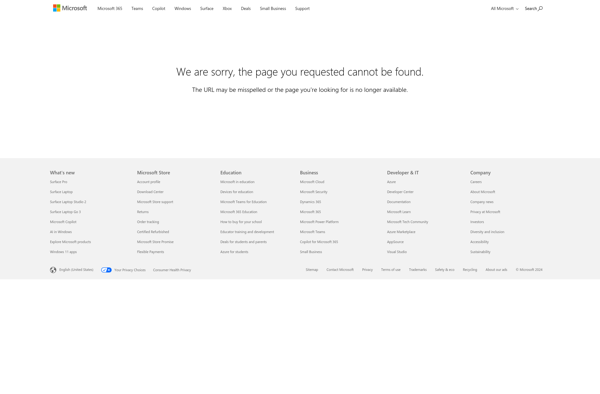
OpenVZ
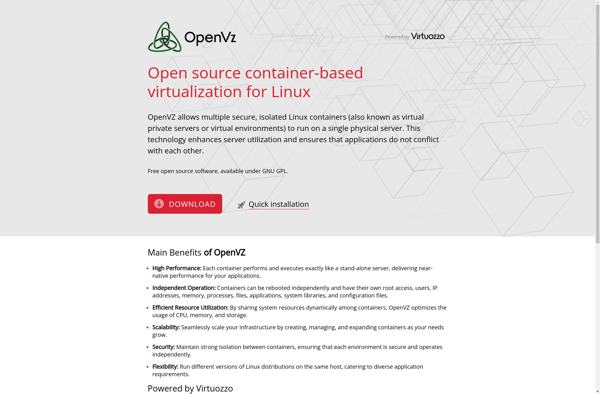
DataCol
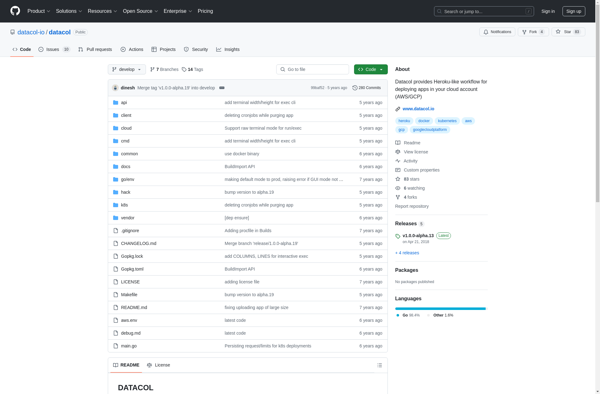
Panamax
Kata Containers
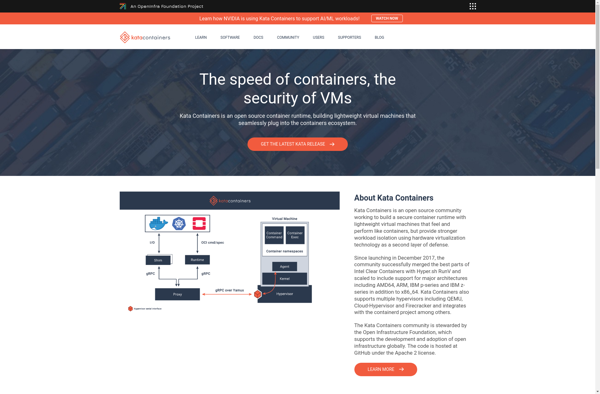
CRI-O
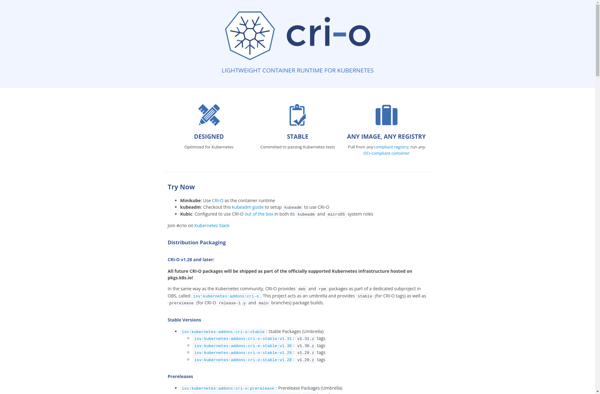
Arkose
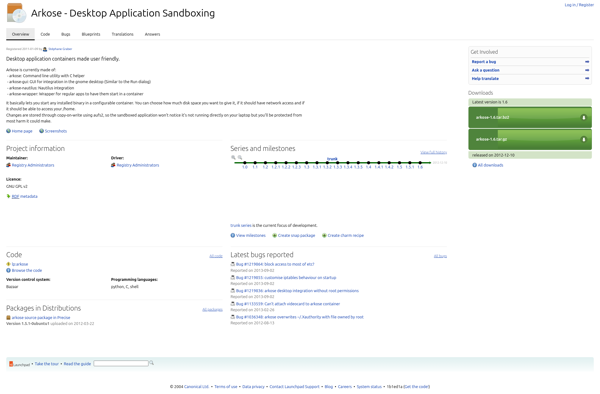
Otto by HashiCorp
